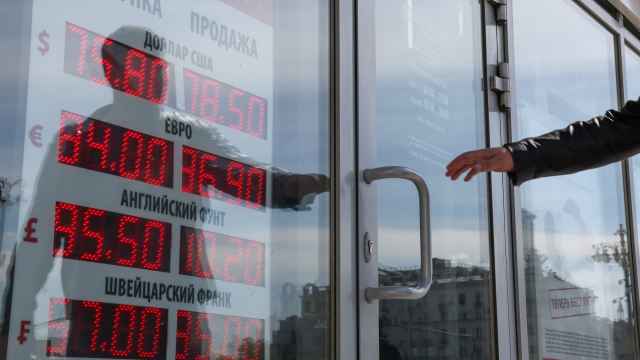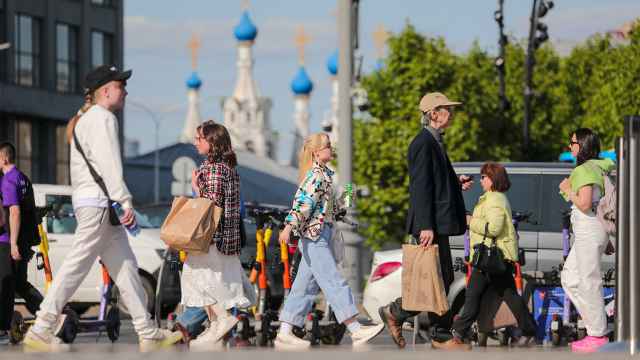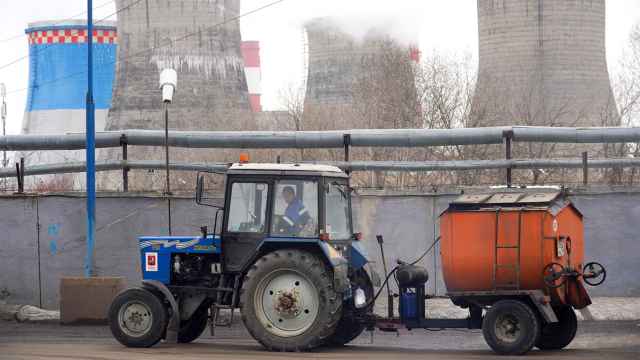The Kremlin has dismissed research findings which showed Russians were more likely to be financially suffering as a result of the coronavirus than households in other countries.
A Nielsen survey, published Monday, found 53% of Russian respondents said they were worse off as a result of the crisis — that was twice the level recorded by the same survey in September and above the global average of 46%.
But Presidential spokesperson Dmitry Peskov rejected the results as “incorrect,” in a briefing with reporters, the Kommersant business site reported.
“We have different data. We consider the conclusions reached by this publication’s authors to be incorrect,” Kommersant cited him as saying.
Peskov acknowledged the economic hardship inflicted by the pandemic, but asserted Russians had been no worse affected than those in other countries.
Official government statistics show real disposable incomes — a closely-watched indicator of overall living standards — dropped 3.5% in 2020, hitting their lowest level in a decade.
The Kremlin is also considering the introduction of U.S.-style food stamps, Peskov said Monday. Food prices have accelerated rapidly in recent months, forcing President Vladimir Putin to introduce a cap on retail prices for some products and urge supermarkets not to raise prices.
A Message from The Moscow Times:
Dear readers,
We are facing unprecedented challenges. Russia's Prosecutor General's Office has designated The Moscow Times as an "undesirable" organization, criminalizing our work and putting our staff at risk of prosecution. This follows our earlier unjust labeling as a "foreign agent."
These actions are direct attempts to silence independent journalism in Russia. The authorities claim our work "discredits the decisions of the Russian leadership." We see things differently: we strive to provide accurate, unbiased reporting on Russia.
We, the journalists of The Moscow Times, refuse to be silenced. But to continue our work, we need your help.
Your support, no matter how small, makes a world of difference. If you can, please support us monthly starting from just $2. It's quick to set up, and every contribution makes a significant impact.
By supporting The Moscow Times, you're defending open, independent journalism in the face of repression. Thank you for standing with us.
Remind me later.






